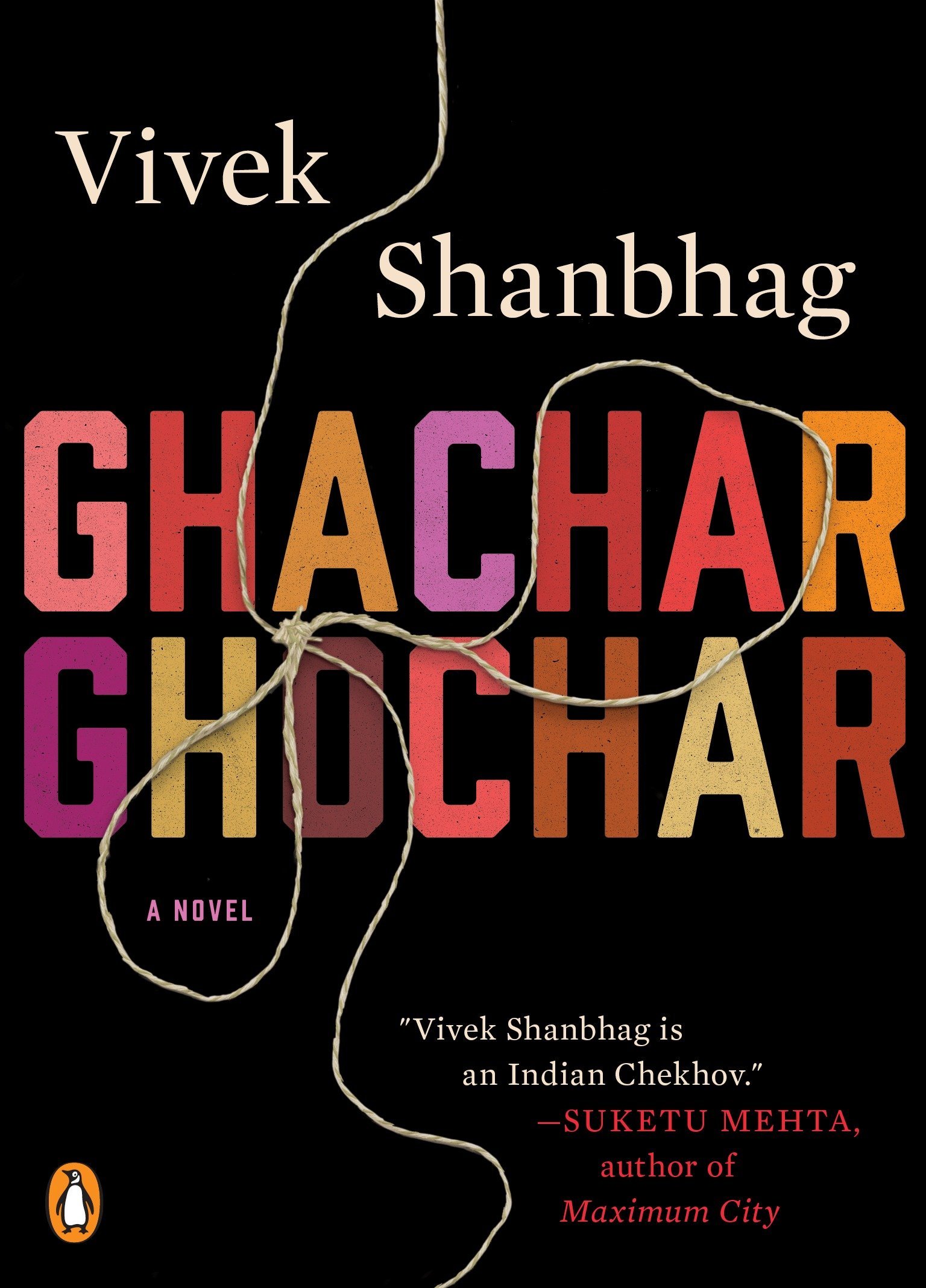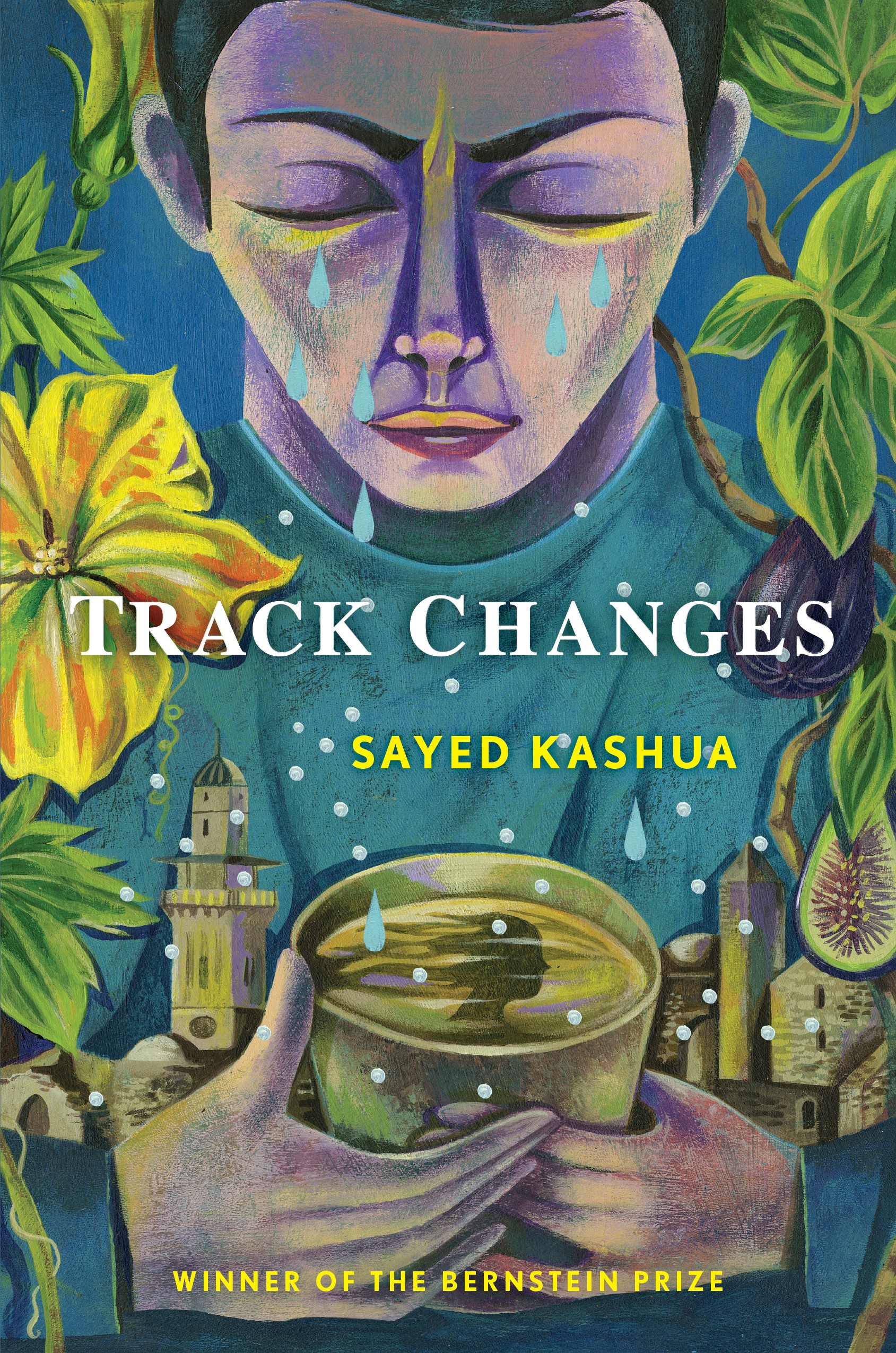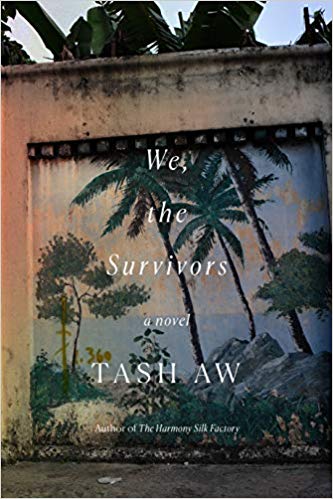Amnesty, Aravind Adiga, 2020, Scribner, pp. 256, ISBN: 978-1-9821-2724-4
The figure of exile or immigrant in literature often conjures up explorations of the notions of home, belonging, trans-territoriality, and identity. Before that, physical banishment characterized classical literature, as seen in Homer’s Illiad or Greek tragedies, and signified one’s legal or ethical non-conformity with the society in which they found themselves. Moving from the physical to the internal with the age of romanticism, exile becomes a form of alienation as experienced in such novels as Gustave Flaubert’s Madame Bovary where the alienated soul longs for a different surrounding. The exile of the 19th century was capable of capturing the rapid, transitional nature of societies in the midst of industrialization and locating disconnectedness between psychological home and the society that was materializing. Often characterized by dreamy moralizations, such as Baudelaire’s Fleurs du Mal, these romantic characters were the predecessors of bohemians rather than modern migrants who leave their homes to survive, only to be met by borders. A modern refugee is a person whose only way of self-realization is through physically uprooting themselves. They are not physically banished because they don’t conform, nor are they psychologically alienated; they are victims of bureaucracy and global capitalism. Law, political economy and nationalism create a migrant who becomes a victim of their own agency. No longer heroes and no longer valorized for their moralisms, these exiles are instead shamed, vilified, silenced and despised.
Booker Prize-winning author Aravind Adiga’s fifth novel Amnesty masterfully weaves a narrative that describes an immigrant experience in Australia. Infamous for its maltreatment of “illegal immigrants,” Australia intercepts these people at sea and ensures that Australian borders follow them wherever they are, separating them from the citizens and permanent residents. If intercepted, they are sent to privately-run processing centres on Nauru and in Papua New Guinea, where horrific stories of suicide attempts regularly emerge. In Amnesty, Danny, a Sri Lankan student who overstays his student visa aiming to eventually become a citizen, is working as a cleaner in Sydney and its environs. His life ostensibly changes when he realizes that he may be able to help solve a murder mystery.
The passing from legality to illegality is problematized from the outset. Both are construed so as to benefit the State and the wealthy; both are essential to the smooth functioning of the exploitation machine. While Danny did attempt to apply for asylum, his story wasn’t believed for its lack of dramatic flair or sufficiently risky undertaking. He was informed in his rejection letter that were his story true, he would not have paid the tuition fees and been able to arrive on a plane. He needed to risk his life or die in order to be believed; he needed to have been saved from drowning and sent to Christmas Island to be granted the opportunity to apply for asylum. In rendering him undocumented, the State facilitated his exploitation. These undocumented people are “someone else’s someone else,” those who work below minimum wage if for a wage at all, for their labour is entirely in the hands of their employers. The protections extended to citizens do not apply to them, allowing employers to force them to perform dangerous tasks, live in uninhabitable conditions, and prevent them from agitating against them. The illegality of the undocumented bares the malleability of the Law, which Danny ironically holds in high regard despite the consequences it has on him. His undocumented status allows the employers to cheat him of his wages and threaten to call the immigration department if he dares to stand for himself.
The novel is rich in social symbolism, which permeates Adiga’s other novels. Danny lives in a cramped storeroom and is just “another brown man” working in a store. Like the objects in his dwelling, he too can be taken, discarded, and locked at will, existing to be used as the need arises. He belongs to his employer, an elderly citizen named Tommo Tsavdaridis, who collects, or tries to, 50% of whatever odd job Danny performs. His job cleaning wealthy homes of citizens likewise showcases that the settler society such as Australia is built on the labour of others; it functions because there will always be someone, quite literally, to clean up the mess. Whether cleaning the windows of skyscrapers as Abe the Absailer, delivering pizzas on a bicycle to racist backpackers who tout and enjoy the agony of the brown deliveryman, or picking fruit on farms, the undocumented are the glue that ties the society and allows it to enjoy, realize and reproduce its privileges. They clean, they feed, and they sexually please, but they must not be identified. Their quest for self-invisibility is complemented by social willingness to confirm their subalternity or to enforce it with threats of “dobbing them in.” Invisibility, Danny hopes, will convert into amnestying his law-breaking and manifest into citizenship. Hoping his quest for perfection would absolve him in the eyes of the Law, Danny strives to be the best cleaner in town. It is precisely because of his achievements that he needs to be held in check. By constantly dangling the possibility of citizenship, society ensures that he perseveres through humiliation, hurt and unfairness and reproduces his labour anew.
In confirming the individuality of the undocumented, society breaks the possibility of any bonds of solidarity. That is why Danny, although of South Asian descent, is looked at and looks at other South Asians differently. The air of superiority inherent in the privilege of citizenship or legality creates racial hierarchies which “legal” immigrants wholeheartedly accept. As is often the case, they are more Catholic than the Pope. However, they can’t escape being racialized themselves. Prakash and Radha are denied the opportunities of other citizens and can be looked at with suspicion. They staff 7-11’s, post offices and drive delivery vans. Like Danny, they serve, only with papers in hand. They are, ultimately like Danny, hyper-aware of their environment and its surveillance. Danny’s awareness paradoxically leads to his downfall, as he is confronted with a dilemma of whether to report his suspicion that a man he knows committed a murder the officials are unable to solve. The dilemma confronts Danny with a choice between self-preservation and justice. To protect his secret, he has to avoid telling the truth. By overtly trying to benefit society, he will achieve agency that is only reserved for citizens, and his attempts need to be thwarted. Thus, justice is posed against the Law.
Aravind Adiga’s Amnesty makes the reader’s blood boil. Its witty treatment of an urgent global issue through the prism of a young Sri Lankan in Australia is worthy of every praise, as are all other books written by Adiga.




